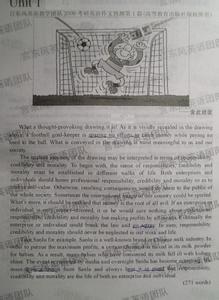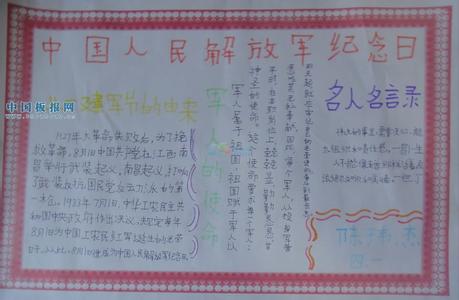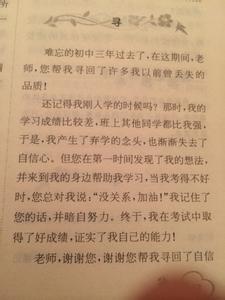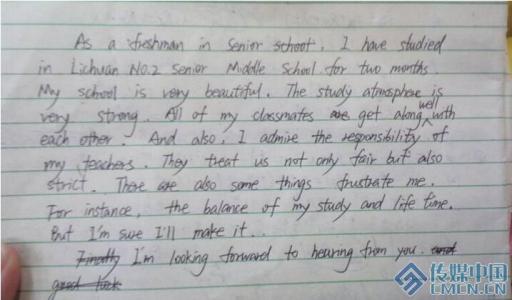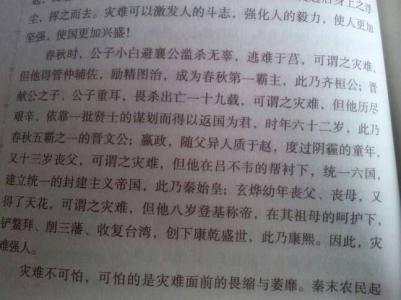The first day of the Lunar New Year is the welcoming of the gods of the heavens and earth.Many people abstain from meat on the first day of the new year because it is believed that this will ensure long and happy lives for them.
On the second day, the Chinese pray to their ancestors as well as to all the gods. They are extra kind to dogs and feed them well as it is believed that the second day is the birthday of all dogs.
The third and fourth days are for the sons-in-laws to pay respect to their parents-in-law.
The fifth day is called Po Woo. On that day people stay home to welcome the God of Wealth. No one visits families and friends on the fifth day because it will bring both parties bad luck.
On the sixth to the 10th day, the Chinese visit their relatives and friends freely. They also visit the temples to pray for good fortune and health.
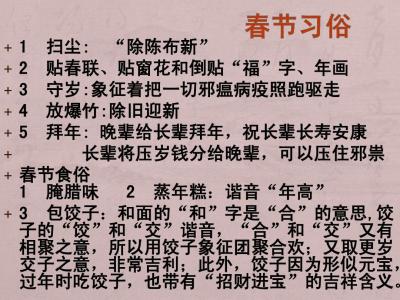
The seventh day of the New Year is the day for farmers to display their produce. These farmers make a drink from seven types of vegetables to celebrate the occasion. The seventh day is also considered the birthday of human beings. Noodles are eaten to promote longevity and raw fish for success.
On the eighth day the Fujian people have another family reunion dinner, and at midnight they pray to Tian Gong, the God of Heaven.
The ninth day is to make offerings to the Jade Emperor.
The 10th through the 12th are days that friends and relatives should be invited for dinner. After so much rich food, on the 13th day you should have simple rice congee and mustard greens (choi sum) to cleanse the system.
The 14th day should be for preparations to celebrate the Lantern Festival which is to be held on the 15th night.
介绍中国元宵节英文作文范文二:Lantern Festivalthe lantern festival or yuanxiao jie is a traditional chinese festival, which is on the 15th of the first month of the chinese new year. the festival marks the end of the celebrations of the chinese new year.
chinese started to celebrate the lantern festival from the han dynasty (206 bc - 221 ad). like most other chinese festivals, there is also a story behind the festival. it is also believed that the festival has taoist origins.
this is a festival for people having fun. on the night of the festival, people go on streets with a variety of lanterns under the full moon, watching lions or dragon dancing, playing chinese riddles and games, and lighting up firecrackers. there is really a lot of fun for the young and the old.
yuanxiao (glutinous rice ball) or tangyuan is the special food for the lantern festival. it is believed that yuanxiao is named after a palace maid, yuanxiao, of emperor wu di of the han dynasty. yuanxiao is a kind of sweet dumpling, which is made with sticky rice flour filled with sweet stuffing.
yuanxiao is sticky, sweet and round in shape, symbolizing family unity, completeness and happiness.
介绍中国元宵节英文作文范文三:Lantern Festivalthe chinese new year is now popularly known as the spring festival because it starts from the begining of spring (the first of the twenty-four terms in coodination with the changes of nature). its origin is too old to be traced. several explanations are hanging around. all agree, however, that the word nian, which in modern chinese solely means year, was originally the name of a monster beast that started to prey on people the night before the beginning of a new year.
one legend goes that the beast nian had a very big mouth that would swallow a great many people with one bite. people were very scared. one day, an old man came to their rescue, offering to subdue nian. to nian he said, i hear say that you are very capable, but can you swallow the other beasts of prey on earth instead of people who are by no means of your worthy opponents? so, it did swallow many of the beasts of prey on earth that also harrassed people and their domestic animals from time to time.
介绍中国元宵节英文作文范文四:Lantern Festivalprobably more food is consumed during the new year celebrations than any other time of the year. vast amounts of traditional food is prepared for family and friends, as well as those close to us who have died.
on new year's day, the chinese family will eat a vegetarian dish called jai. although the various ingredients in jai are root vegetables or fibrous vegetables, many people attribute various superstitious aspects to them.
other foods include a whole fish, to represent togetherness and abundance, and a chicken for prosperity. the chicken must be presented with a head, tail and feet to symbolize completeness. noodles should be uncut, as they represent long life.
in south china, the favorite and most typical dishes were nian gao, sweet steamed glutinous rice(糯米)pudding and zong zi (glutinous rice wrapped up in reed(芦苇)leaves), another popular delicacy.
in the north, steamed-wheat bread (man tou) and small meat dumplings were the preferred food. the tremendous amount of food prepared at this time was meant to symbolize abundance and wealth for the household.
 爱华网
爱华网